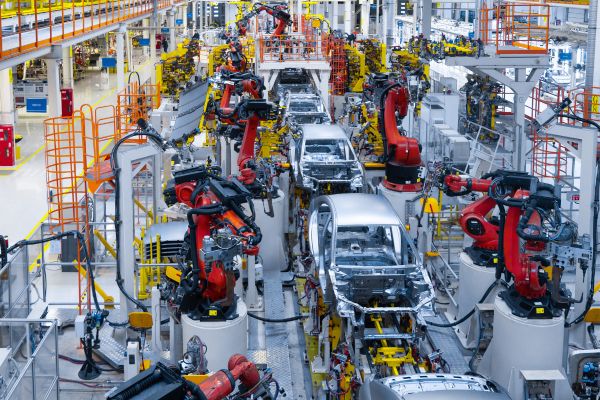- The COP28 conference underscored the essential role of technology in climate action, leading to the UAE consensus which aims for a major increase in renewable energy and energy efficiency by 2030.
- #AI4ClimateAction is a transformative project by the UNFCCC leveraging AI to enhance renewable energy efficiency and improve disaster early warning systems, particularly aiding developing nations.
- The TEC and CTCN’s joint focus on innovative low-emission technologies and the inclusion of diverse groups is a great display of key stakeholders’ collaborative efforts
UN Climate Change News reported a groundbreaking development: the year 2023 signifies a pivotal moment for climate technology under both UNFCCC and Paris Agreement. These efforts not only set the stage, but they also amplify ambitions in 2024; emphasizing technology’s central role, which is indeed a driving force in propelling climate action towards a sustainable future. This advancement remains an indispensable element to realizing our ambitious goal: capping global temperature rise at maximum of 1.5°C.
At the UN Climate Change Conference COP28 in Dubai, Simon Stiell – the Executive Secretary of UNFCCC – underscored not only collaboration but also technological innovation as essential tools to combat climate change. A significant outcome of COP28, as per UN Climate Change News, was the ‘UAE consensus’. This agreement urges global action towards tripling renewable energy capacity and doubling energy efficiency improvements by 2030.
Financial entities back the technology implementation program established by the parties to support developing countries in prioritizing and implementing their climate technologies; this underscores the importance of funding these initiatives.
The UNFCCC’s Technology Mechanism launched a notable initiative in 2023: #AI4ClimateAction. This groundbreaking project harnesses Artificial Intelligence (AI) as an instrument of transformation for climate action, with specific emphasis on its potential to benefit developing nations, least developed and small island states in particular. At the high-level event during COP28, this initiative highlighted AI’s capacity in enhancing renewable energy efficiency and improving early warning systems for natural disasters – further underscoring its value within these critical contexts.
The Technology Executive Committee (TEC) and the Climate Technology Centre and Network (CTCN) have indeed fortified their cooperation: UN Climate Change News reports on this partnership’s substantial joint efforts. A flagship publication focusing on technology advancements, nationally determined contributions (NDCs), coupled with promotions of innovative, -low emission technologies underscore their collaborative initiatives.
Prioritizing diversity and inclusion for effective climate technology, the TEC and CTCN have established a Gender and Climate Technology Expert Roster. They also collaborate with the Local Communities and Indigenous Peoples Platform, highlighting indigenous technologies.
In the upcoming year, 2024: a significant turning point for climate technology–several crucial events and submissions are scheduled. A workshop during the UN Climate Change Conference in Bonn will take place; concurrently, meetings at both TEC and CTCN headquarters in Copenhagen have been planned.











